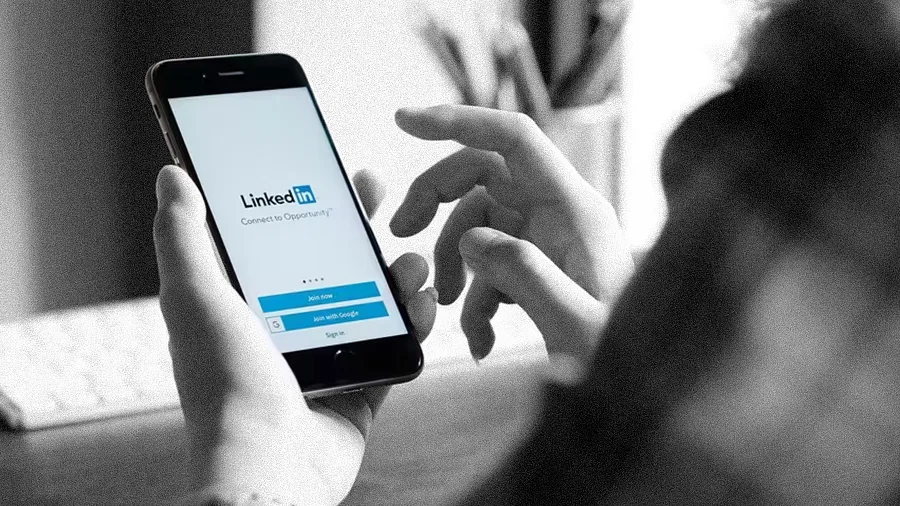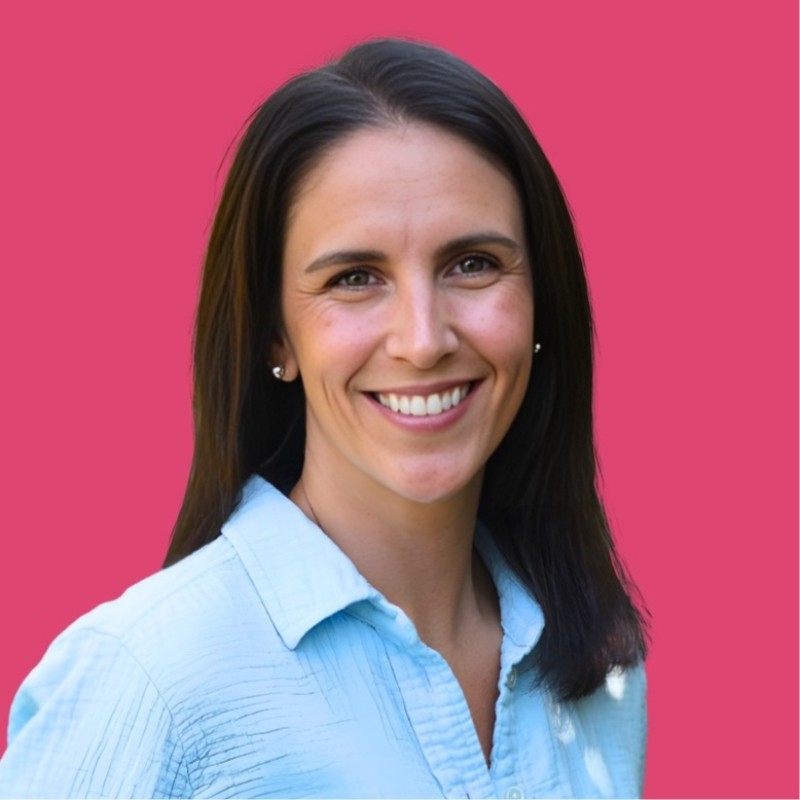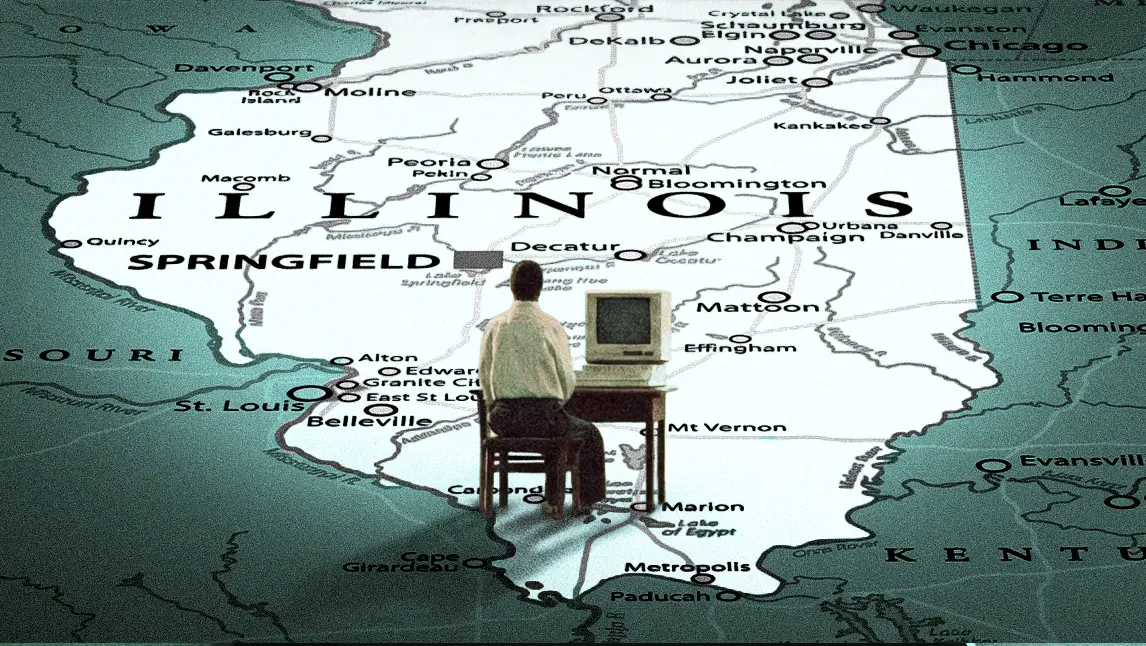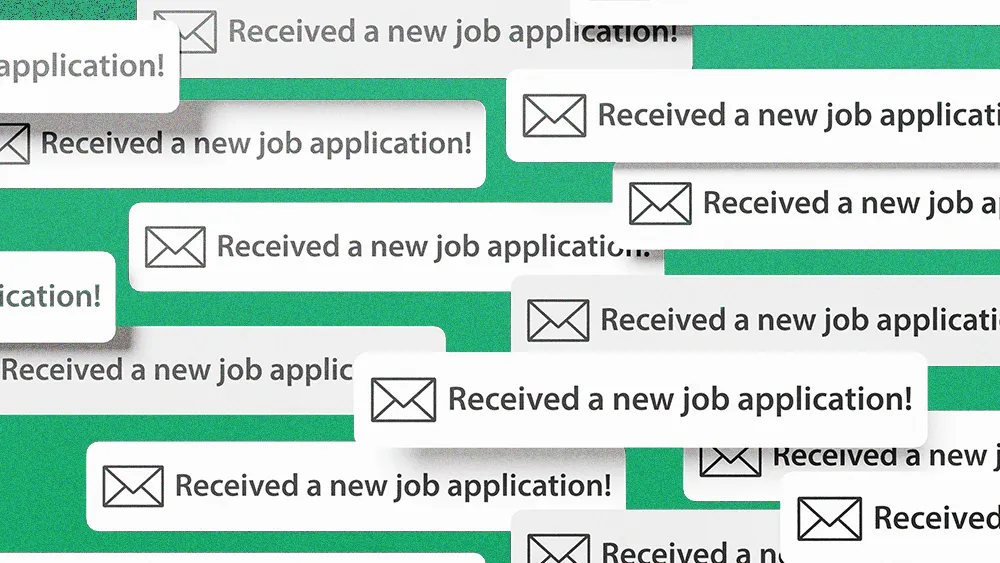How the ‘authenticity advantage’ is reshaping professional value

Key Points
The once-firm line between personal and professional identity has dissolved, turning pop culture moments into opportunities for workplace connection and business strategy.
Courtney Raymond, Head of Content at Assistantly, explains how she leverages personal anecdotes and celebrity news to build community and drive business narratives.
Raymond argues that an authentic, personality-driven presence is a strategic advantage, reframing everything from Lindsay Lohan’s rebrand to viral memes as tangible business lessons.
Despite the risks of online criticism, she makes the case that genuine expression fosters inclusivity and forges more valuable professional relationships.
I never thought I would have forged true friendships with the women I talk to daily in my DMs on LinkedIn, who support one another and just lift each other up. These real, genuine connections are forged through discussions about pop culture. You find out so much more about people, like their personality, their humor, and their kindness.

Courtney Raymond
Head of Content
Assistantly
The line between personal and professional identity is dissolving. Celebrity engagements aren’t just gossip or water cooler talk. They’re now a product management case study on LinkedIn. Professionals openly share updates on their personal lives, posting about marriage, kids, or health. But these platforms cut both ways. They just as easily amplify fallout from controversial moments, like the viral Coldplay concert incident, forcing professionals to navigate where—and how—to engage.
Taylor Swift fandom is actually a prime example of blurring personal with professional. A new report on Swift’s impact on corporate culture finds 58% of Swifties often discuss pop culture with their coworkers and 1 in 10 have dedicated Slack or Teams channels for discussions on the pop icon.
Courtney Raymond, brand storyteller and Head of Content at Assistantly, argues an authentic, personality-driven professional presence is a valuable advantage. After all, she’s living proof it works. Her years of cultivating an authentic voice on LinkedIn paid off when she landed a new role precisely because the company’s founder saw her unique POV on the platform.
Hired for the ‘weird’: But that level of visibility is not without risk. Just before her start date, her candid online presence made her a target for Reddit criticism. It was a real-world test of her philosophy at a pivotal career moment. Raymond braced for the worst, questioning her personal branding strategy. But her new boss’s response was immediate: “Courtney,” he said. “I hired you for this.”
Raymond’s philosophy aligns with the “weird LinkedIn” movement, which champions genuine connection over sterile corporate-speak. It encourages professionals to shed corporate-only posts. “It’s about connecting in a way that is a lot more genuine to create actual community,” she says. So, Raymond’s seemingly frivolous content is deliberate. She reframes pop culture and nostalgia as powerful tools for relatable business narratives, turning shared memories into strategic lessons. In remote work, where casual glimpses into colleagues’ lives are rare, pop culture and personal anecdotes build cohesion across time zones.
The Lohan lesson: She illustrates her approach in a viral LinkedIn post about Lindsay Lohan, transforming the celebrity’s public comeback into a potent metaphor for corporate strategy. “My Lindsay Lohan post was about her amazing rebrand. She was able to pull this off, so of course, we can do that for products. We can rebrand a product, and we can rebrand ourselves.” The same analytical lens applies to Taylor Swift. “When she and Travis Kelce got engaged, there was all this chatter about it being fake or to boost their brands. You can relate it to work: Is a company just doing this for the brand? Are they greenwashing things?”
When a meme means business: This strategy extends beyond individual branding, driving real-life brand-sponsored collaboration. The ‘Great LinkedIn GIF-Off’ snowballed from a silly SNL meme posted by her friend Marianne Kaiser into a contest with tangible business ROI. A quick back-and-forth turned the joke into a real project. Her employer officially backed the event, signing a diverse judging panel and a well-known LinkedIn personality as emcee.
Showing up authentically can also foster inclusivity, creating a space for professionals of all personality types to build connections on their own terms. For Raymond, the shift has been transformative. “I’m very much an introvert,” she says. “The ability to talk about pop culture has allowed me to show up as myself in a much more comfortable environment, like at home. That’s been huge.”
Finding your village: “I never thought I would have forged true friendships with the women I talk to daily in my DMs on LinkedIn, who support one another and just lift each other up,” Raymond says. “These real, genuine connections are forged through discussions about pop culture. You find out so much more about people, like their personality, their humor, and their kindness.”
In the end, Raymond’s method demonstrates a sophisticated understanding of community building in today’s workplace. She makes a compelling case that personal stories, nostalgic references, and even “silly” memes can function as strategic tools. By constructing narratives with a cheeky hook and marketing psychology, she proves personal expression is a powerful business strategy.
Related articles
TL;DR
The once-firm line between personal and professional identity has dissolved, turning pop culture moments into opportunities for workplace connection and business strategy.
Courtney Raymond, Head of Content at Assistantly, explains how she leverages personal anecdotes and celebrity news to build community and drive business narratives.
Raymond argues that an authentic, personality-driven presence is a strategic advantage, reframing everything from Lindsay Lohan’s rebrand to viral memes as tangible business lessons.
Despite the risks of online criticism, she makes the case that genuine expression fosters inclusivity and forges more valuable professional relationships.

Courtney Raymond
Assistantly
Head of Content

Head of Content
The line between personal and professional identity is dissolving. Celebrity engagements aren’t just gossip or water cooler talk. They’re now a product management case study on LinkedIn. Professionals openly share updates on their personal lives, posting about marriage, kids, or health. But these platforms cut both ways. They just as easily amplify fallout from controversial moments, like the viral Coldplay concert incident, forcing professionals to navigate where—and how—to engage.
Taylor Swift fandom is actually a prime example of blurring personal with professional. A new report on Swift’s impact on corporate culture finds 58% of Swifties often discuss pop culture with their coworkers and 1 in 10 have dedicated Slack or Teams channels for discussions on the pop icon.
Courtney Raymond, brand storyteller and Head of Content at Assistantly, argues an authentic, personality-driven professional presence is a valuable advantage. After all, she’s living proof it works. Her years of cultivating an authentic voice on LinkedIn paid off when she landed a new role precisely because the company’s founder saw her unique POV on the platform.
Hired for the ‘weird’: But that level of visibility is not without risk. Just before her start date, her candid online presence made her a target for Reddit criticism. It was a real-world test of her philosophy at a pivotal career moment. Raymond braced for the worst, questioning her personal branding strategy. But her new boss’s response was immediate: “Courtney,” he said. “I hired you for this.”
Raymond’s philosophy aligns with the “weird LinkedIn” movement, which champions genuine connection over sterile corporate-speak. It encourages professionals to shed corporate-only posts. “It’s about connecting in a way that is a lot more genuine to create actual community,” she says. So, Raymond’s seemingly frivolous content is deliberate. She reframes pop culture and nostalgia as powerful tools for relatable business narratives, turning shared memories into strategic lessons. In remote work, where casual glimpses into colleagues’ lives are rare, pop culture and personal anecdotes build cohesion across time zones.
The Lohan lesson: She illustrates her approach in a viral LinkedIn post about Lindsay Lohan, transforming the celebrity’s public comeback into a potent metaphor for corporate strategy. “My Lindsay Lohan post was about her amazing rebrand. She was able to pull this off, so of course, we can do that for products. We can rebrand a product, and we can rebrand ourselves.” The same analytical lens applies to Taylor Swift. “When she and Travis Kelce got engaged, there was all this chatter about it being fake or to boost their brands. You can relate it to work: Is a company just doing this for the brand? Are they greenwashing things?”
When a meme means business: This strategy extends beyond individual branding, driving real-life brand-sponsored collaboration. The ‘Great LinkedIn GIF-Off’ snowballed from a silly SNL meme posted by her friend Marianne Kaiser into a contest with tangible business ROI. A quick back-and-forth turned the joke into a real project. Her employer officially backed the event, signing a diverse judging panel and a well-known LinkedIn personality as emcee.
Showing up authentically can also foster inclusivity, creating a space for professionals of all personality types to build connections on their own terms. For Raymond, the shift has been transformative. “I’m very much an introvert,” she says. “The ability to talk about pop culture has allowed me to show up as myself in a much more comfortable environment, like at home. That’s been huge.”
Finding your village: “I never thought I would have forged true friendships with the women I talk to daily in my DMs on LinkedIn, who support one another and just lift each other up,” Raymond says. “These real, genuine connections are forged through discussions about pop culture. You find out so much more about people, like their personality, their humor, and their kindness.”
In the end, Raymond’s method demonstrates a sophisticated understanding of community building in today’s workplace. She makes a compelling case that personal stories, nostalgic references, and even “silly” memes can function as strategic tools. By constructing narratives with a cheeky hook and marketing psychology, she proves personal expression is a powerful business strategy.




